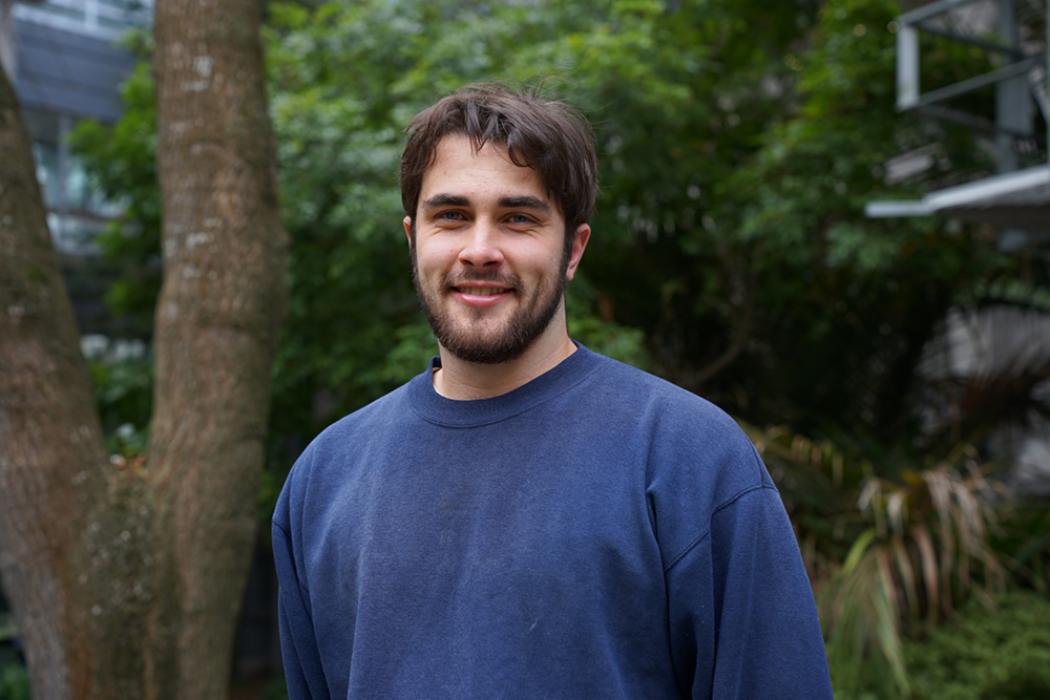Bachelor of Science in Economics, Finance, and Statistics
Bachelor of Science with Honours in Statistics
A summer ago, Ben Smith knew nothing about plants or neural networks.
The 22-year old admitted he started his research “by using Wikipedia”. With his background in Economics and Statistics, he’d heard about the concept.
He decided to investigate them through a project under the University of Canterbury’s Biosecurity Innovations team (UCBI), after discovering the research cluster while trawling through the university job board late last year.
Smith explains that, as a very simplified summary, neural networks emulate the brain’s pathways.
“If you show it a pōhutukawa, [the network] lights up a certain way… and the neuron representing the pōhutukawa should light up at the end.
“At the beginning of this project, I didn’t really have any knowledge about neural networks or New Zealand plants, so everything about it was new to me. I found it really interesting to learn about some completely new topics.”
Rapid improvements in artificial intelligence (AI) over the last five years has proven useful for biosecurity. One of the ways it’s helping is by identifying plant species using photos, provided by citizen scientist initiatives like INaturalist.
But while AI is good, it’s not great yet – and that’s where Smith comes in.
His work aims to improve the accuracy of a neural network that identifies both native and invasive flora. The networks analyses an image of a plant with its location and height above sea level to determine what it is.
He says he’s made a lot of connections within biosecurity through UCBI.
“[My supervisors] were super patient with me, getting me up to speed on 'this is the way we usually do it'.”
Smith advises students to “keep things grounded” when studying.
“Always try to relate what you’re learning back to a real-life example. It doesn’t have to be too complicated, it could be heights of people in your class or colours of cars on your street, but it helps you get more of an intuition about tricky concepts.”

